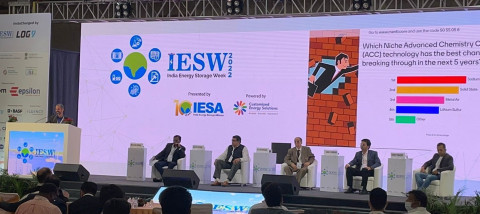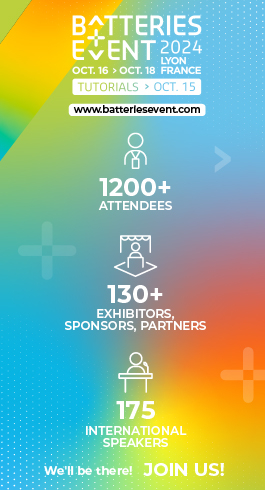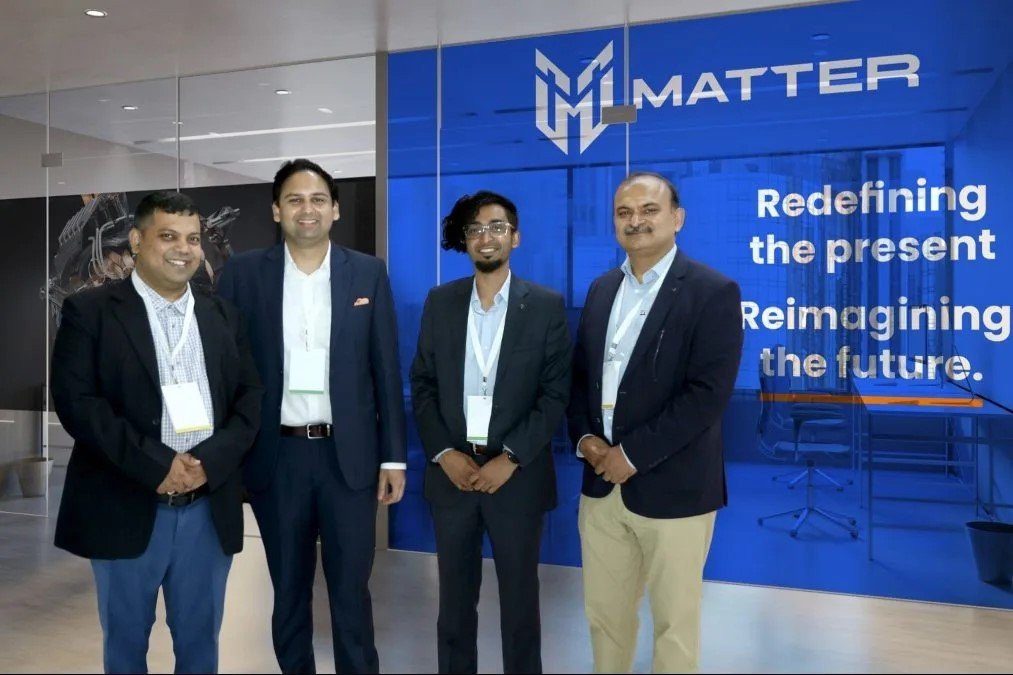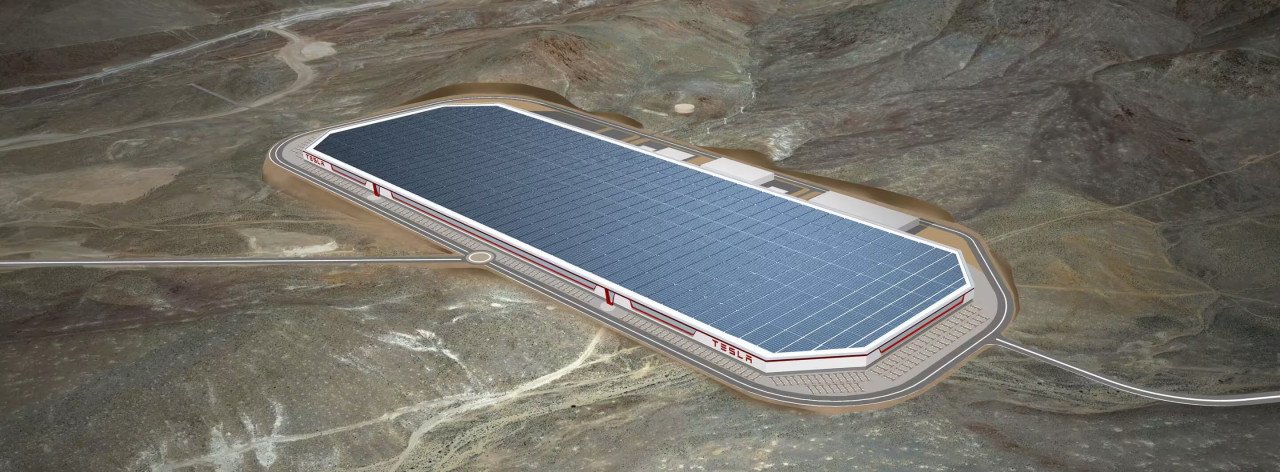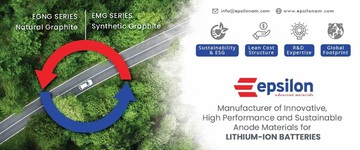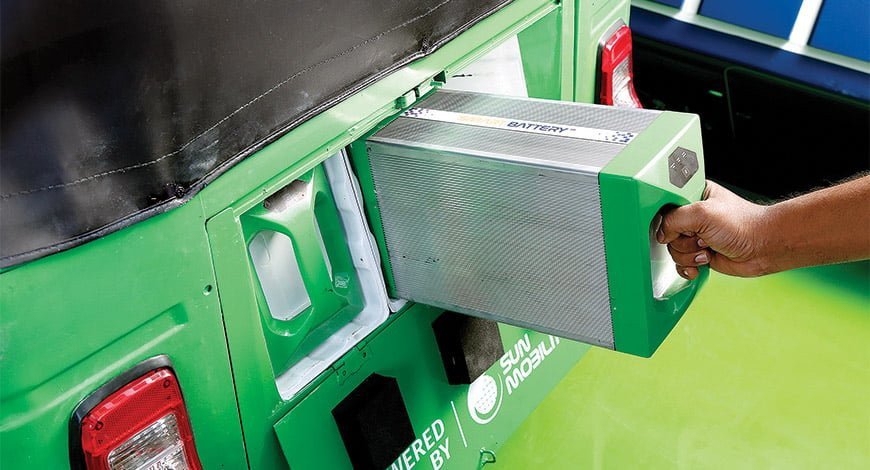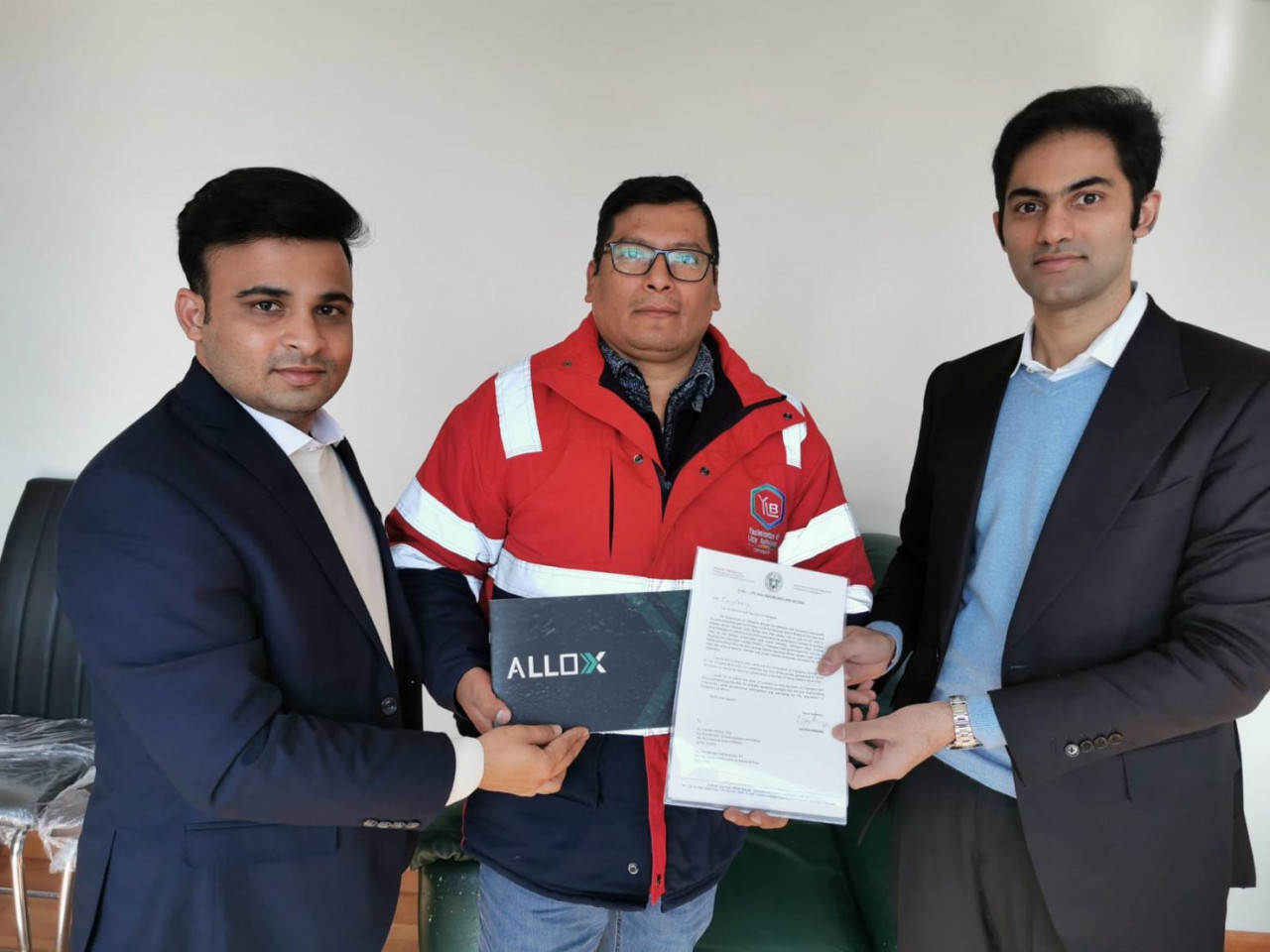IESW 2022: Tapping the bright prospects for e-Mobility manufacturing
The electric vehicle industry in India is picking pace with 100 percent FDI possible, new manufacturing hubs, and increased push to improving charging infrastructure.
Mobility is rapidly evolving, and electric vehicles are at the forefront of this change, expected to dominate the way we travel in the future. Today, India is ready for EV adoption, with a growing need for mobility options thanks to rising incomes and urbanization.
The electric vehicle industry in India is picking pace with 100 percent FDI possible, new manufacturing hubs, and an increased push to improve charging infrastructure.
Central subsidies and policies encouraging deeper discounts for Indian-made electric two-wheelers as well as a boost for localized ACC battery storage production are other growth drivers for the Indian EV industry.
The government of India has undertaken multiple initiatives to promote the manufacturing and adoption of electric vehicles in India. With the support of the government, electric vehicles have started penetrating the Indian market.
A report by India Energy Storage Alliance (IESA) projects that the Indian EV market will grow at a CAGR of 36 percent by 2026. The EV battery market is also projected to grow at a CAGR of 30 percent during the same period.
Discussing the new avenues in the e-mobility sector in India at the India Energy Storage Week 2022 between May 2-6 in New Delhi, eminent industry players discussed and presented their viewpoints on the growing pool of opportunities the sector offers at the EV 360- Electric mobility manufacturing (power train, EV components, battery, monitoring, and software platform) session.
Shifting the gears to electric mobility
Leading automotive components conglomerate, Tata AutoComp Systems Ltd has set up a dedicated division for driving e-mobility spearheaded by veteran Dr. A K Jindal.
Speaking about this initiative, Dr. A.K Jindal, Advisor (eMobility), New Products & Tech, Tata AutoComp Systems Ltd stated "For the last couple of years, Tata Autocomp has been focusing on the complete ecosystem of the electric vehicles. Looking at the commercial vehicles, there are quite a few combinations that have been developed and tried from our end. Improving the efficiency of the components is important. There are a few focus areas that we are working on to address the key challenges of e-vehicles.
Enhancing the competitiveness of Indian cities for better EV deployment
Electric vehicles (EVs) present an opportunity to contribute to both transportation and energy transformations through vehicle-grid integration solutions, more equitable access to zero-emission fuels, and expanded options for sustainable transit and shared mobility.
Commenting on the key elements integral to e-mobility manufacturing in India, Pawan Mulukutla, Director, Clean Mobility and Energy Tech, WRI India said "There are different elements for e-vehicles manufacturing which includes Mass EV adoption, Road-mapping and Policy Interventions, Fleet Electrification, Integrated Climate Planning, Equitable Transition, Sustainable Materials. The competitiveness of the Indian cities will be a key factor for the uptake of EVs. Urban planning is equally important.
Mitigating battery fire risk for boosting e-mobility adoption
Over the years, the electric vehicle has changed the car industry globally, driven by the fast development of Li-ion battery technology. As more people purchase EVs, there is growing anxiety about what happens if these vehicles catch fire.
In recent times, most battery fires are due to short circuits leading to uncontrolled current. In this condition, the cells heat themselves beyond 100°C. Poor cell quality and shoddy battery design cause short circuits, and the lack of a proper battery management system (BMS) is a condition in which cells are not managed properly with the right sensing and software technologies.
Dr. Kai Phillipp Kaires, CEO & Co-founder, ACCURE Battery Intelligence said "The EV battery fire and failures are proving to be expensive to realize the dream of EV adoption and deployment at large. We must trust the quality of battery cells are up to certain standards. Insurance against such battery failures scenarios is important and mandatory so that the monetary loss can subside to an extent."
Keysight's Scienlab Test Solutions for E-Mobility
Keysight's core expertise in e-mobility application lies in domains of Charging Technologies both on EVSE and EV sides said Sadaf Siddiqui, Marketing Initiative Manager Keysight Technologies.
Speaking about the importance of Test challenges and methodologies around charging interfaces & battery tests, Mr. Sadaf explained why test charging is critical for electric vehicles and Interoperability is key to the same.
Improving quality while driving for lower costs in production lines is critical. To help drive down costs. Test as a service also allows customers to access test equipment and testing experts


